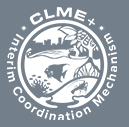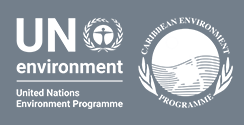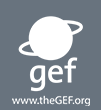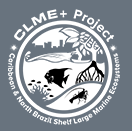ISLANDS Implementing Sustainable Low- and Non-Chemical Development in Small Island Developing States 
Brief Description:
Contributions to the 2030 UN Sustainable Development Agenda (SDG’s)
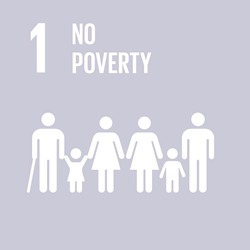
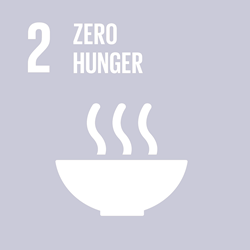
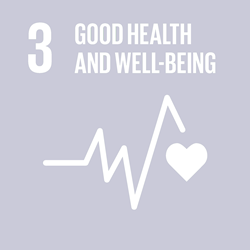
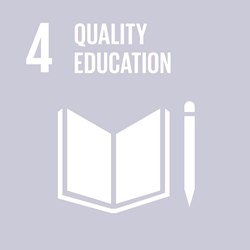
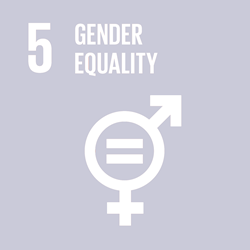
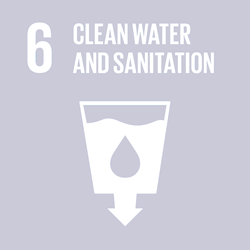
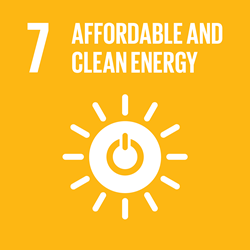
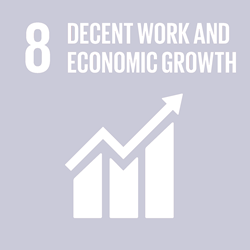
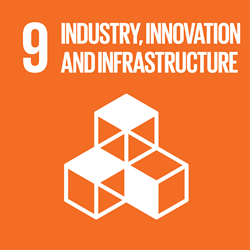
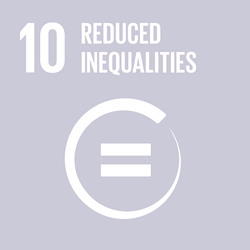
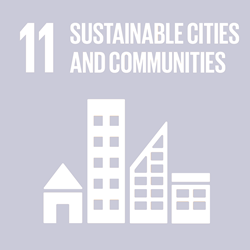
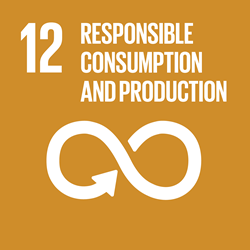
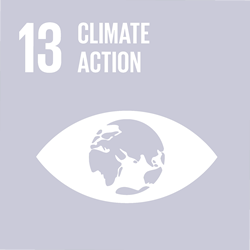
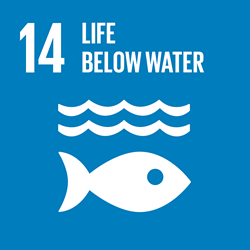
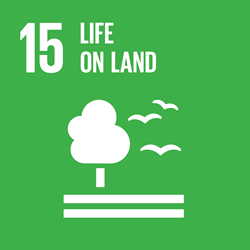
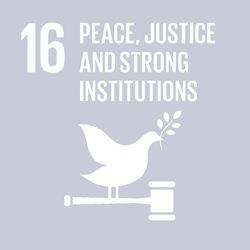
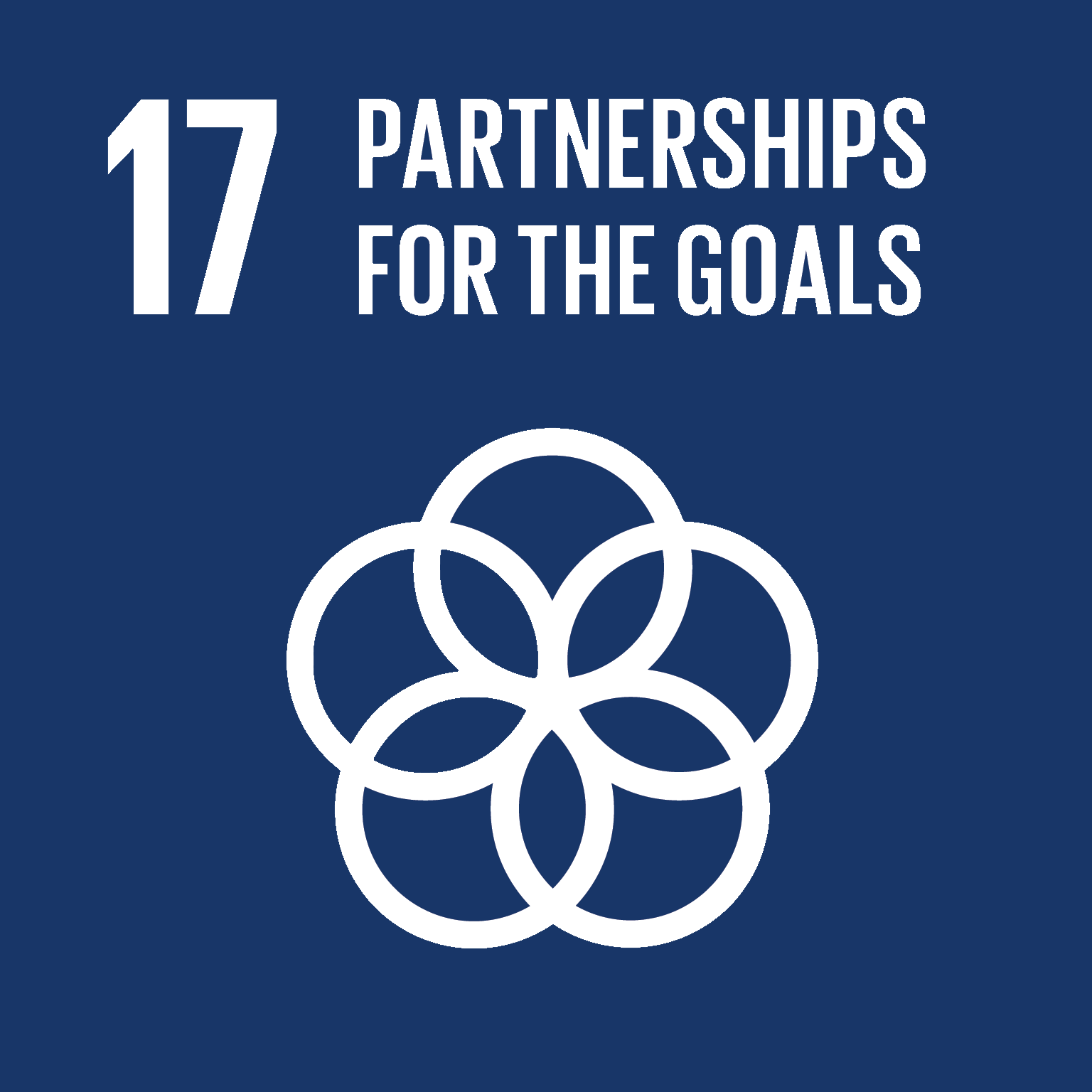
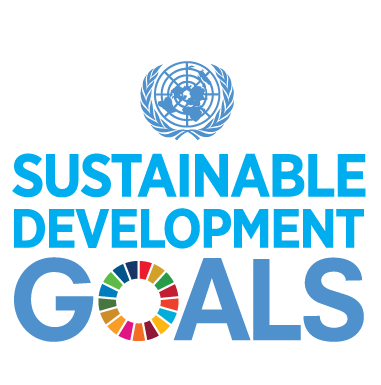
Other Regional and Global Commitments
Waste management is an issue of increasing importance for island nations globally, with growing populations, rapid development and increasing amounts of imported goods all putting pressure on SIDS to safely manage and dispose of toxic and polluting substances. Because of their low economic growth, high density and significant environmental vulnerabilities, however, many countries in the Caribbean lack the capacity to sustainably manage increasing waste production. Under the Programming Directions for the 7th funding cycle of the Global Environment Facility (GEF 7), a specific allocation was made for Small Island Developing States (SIDS) for chemicals and waste management. The programme entitled ISLANDS was approved by the GEF Council in June 2019. The global program seeks to address the sound management of chemicals and waste through strengthening the capacity of sub-national, national and regional institutions, strengthening the enabling policy and regulatory framework in these countries and unlocking resources to implement sound management of chemicals and waste. This will be achieve through 4 components: 1) preventing future build-up of chemicals in the SIDS environment; 2) safe management and disposal of existing, historically produced wastes posing an immediate risk to people and natural resources; 3) promoting systems for future management of wastes and chemicals entering SIDS by adopting and putting into practice 3R approaches including increased recovery of resources from wastes by adopting the principles of sustainable consumption and production; 4) sharing knowledge and experience across all regions to address issues common to all SIDS and to stimulate inter regional cooperation to combat major global level challenges posed by wastes such as plastics, electronics and other major pollutants.
La gestión de desechos en un tema de creciente importancia para las naciones insulares a nivel mundial. Poblaciones en crecimiento, un rápido desarrollo y cantidades cada vez mayores de productos importados presionan a los pequeños estados insulares en desarrollo (PEID) para que administren y eliminen de manera segura las sustancias tóxicas y contaminantes. Sin embargo, debido a su bajo crecimiento económico, alta densidad y vulnerabilidades ambientales significativas, muchos países del Caribe carecen de la capacidad de gestionar de manera sostenible la producción aumentada de residuos. En virtud de las Instrucciones de Programación para el séptimo ciclo de financiación del Fondo para el Medio Ambiente Mundial (FMAM 7), se realizó una asignación específica para los PEID para la gestión de productos químicos y desechos. El programa titulado ISLANDS fue aprobado por el Consejo del FMAM en junio de 2019. Este programa global busca abordar la gestión segura de los productos químicos y los residuos mediante el fortalecimiento de la capacidad de las instituciones subnacionales, nacionales y regionales, el fortalecimiento de las políticas y el marco regulador en estos países y el desbloqueo de recursos para implementar la gestión segura de los productos químicos y los residuos. Esto se logrará a través de 4 componentes: 1) prevención de acumulación futura de productos químicos en el entorno de los PEID; 2) gestión segura y eliminación de desechos existentes producidos históricamente que representan un riesgo inmediato para las personas y los recursos naturales; 3) promover sistemas para la gestión futura de los desechos y productos químicos que ingresan a los PEID mediante la adopción y puesta en práctica de enfoques 3R (rehusar, reducir, reciclar), incluida una mayor recuperación de los recursos de los desechos mediante la adopción de los principios de consumo y producción sostenible; 4) compartir conocimientos y experiencias en todas las regiones para abordar problemas comunes a todos los PEID y estimular la cooperación interregional para combatir los principales desafíos a nivel mundial que plantean los desechos como los plásticos, la electrónica y otros contaminantes importantes.
Lead Organization : Basel Convention Regional Centre for the Caribbean
Donor: Global Environment Facility
Project ID:
Geographic Scope:
Multicountry (regional)
Project Status: Ongoing
Start Date: 13/06/2019
End Date: 13/06/2025
Official Project Document:
Last Update: 31/03/2020
Start Date: 13/06/2019
End Date: 13/06/2025
Official Project Document:
Website:
Project Profile Manager: Jewel Batchasingh
Contact Email: jewel.batchasingh@bcrc-caribbean.org
Contact Phone:
Contact Email: jewel.batchasingh@bcrc-caribbean.org
Contact Phone:
Partners:
Grant (USD):
$21,000,000.00
Total co-financing (USD):
$0.00
(Co) financing not originating from GEF:
Participating Country(s):
 Antigua and Barbuda
Antigua and Barbuda  Bahamas
Bahamas  Barbados
Barbados  Belize
Belize  Cuba
Cuba  Dominica
Dominica  Dominican Republic
Dominican Republic  Guyana
Guyana  Saint Kitts and Nevis
Saint Kitts and Nevis  Saint Lucia
Saint Lucia  Suriname
Suriname  Trinidad and Tobago
Trinidad and Tobago
 Antigua and Barbuda
Antigua and Barbuda  Bahamas
Bahamas  Barbados
Barbados  Belize
Belize  Cuba
Cuba  Dominica
Dominica  Dominican Republic
Dominican Republic  Guyana
Guyana  Saint Kitts and Nevis
Saint Kitts and Nevis  Saint Lucia
Saint Lucia  Suriname
Suriname  Trinidad and Tobago
Trinidad and Tobago Contributions to the 10-year CLME+ Strategic Action Programme (2015-2025)
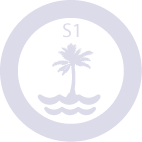
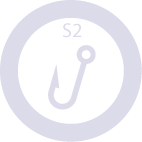
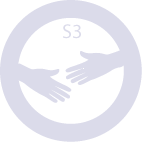
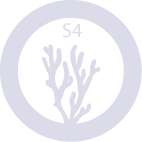
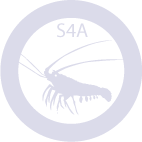

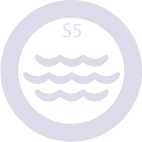
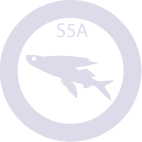
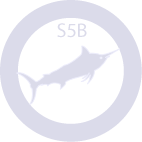
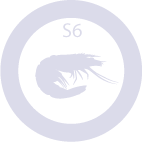
Please click on the colored SAP Strategy icon to obtain more information on the specific SAP Actions this initiative is contributing to (double-click to hide again)
Contributions to the 2030 UN Sustainable Development Agenda (SDG’s)


















Please click on the SDG14 colored icon to see to which specific SDG14 targets this initiative is contributing.
Other Regional and Global Commitments










